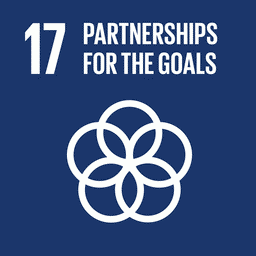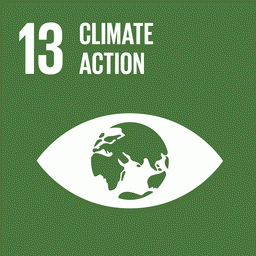By Sara Leal*
Preventing deforestation in the Cerrado – not only illegal deforestation, but also deforestationunder the Brazilian Forest Code – is becoming increasingly necessary: deforestation in the biome has increased by 68%, reaching over 1 million hectares by 2023 and surpassing the losses recorded in the Amazon for the first time.
The most biodiverse savannah in the world, the Cerrado is also considered to be the cradle of Brazil’s waters, home to the headwaters of 8 of Brazil’s 12 main river basins, distributing water to the other biomes. Its trees have roots capable of storing large quantities of carbon, which return to the atmosphere when the vegetation is cut down.
The implementation of economic incentives could be key to protecting the Cerrado’s vegetation and the ecosystem services it provides, which are necessary for everyone – including agricultural production.
An example of this is CONSERV, a mechanism that compensates medium and large rural producers for conserving surplus native vegetation. Developed by IPAM (Instituto de Pesquisa Ambiental da Amazônia) in partnership with Woodwell and the EDF (Environmental Defense Fund), the project has 22 contracts signed in the state of Mato Grosso and one in Pará, totaling 20,707 hectares of protected vegetation that could be legally suppressed.
“CONSERV came about with the aim of proving the thesis that, through compensation, rural landowners can renounce their right to deforest. That thesis has been proven. Now we need to make it scalable,” says IPAM’s executive director, André Guimarães.
To do this, according to Guimarães, the government, the financial sector, companies and agribusiness must be mobilized. “The urgency of mitigating climate change means that we also have to look at legal deforestation,” he concludes.
A second phase of the CONSERV project is underway, this time in partnership with the private sector. As well as remunerating producers for their surplus native vegetation, the project will, in partnership with Produzindo Certo, evaluate the areas to help improve productivity.
*IPAM communications coordinator, sara.pereira@ipam.org.br

